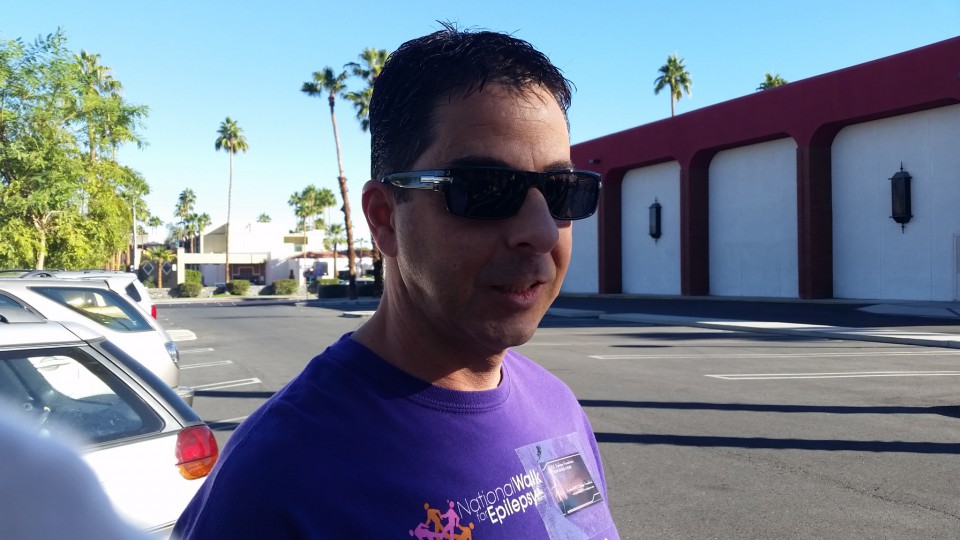Epilepsy 101

Epilepsy is:
A Disorder that causes seizures or convulsions due to abnormal activity of brain cells, called neurons. The disorder may be caused by head injury, trauma, brain tumors or infections, such as meningitis or encephalitis.
Some types of epilepsy run in families and have been tied to specific genes. Epilepsy may occur at any age, but it typically develops in early childhood.
Generalized Seizures
Generalized seizures result from electrical impulses arising from the entire brain. They typically occur without warning. Here are two types of generalized seizures.
Tonic-clonic (“grand-mal” seizure)
Your child will lose consciousness and may also collapse. The child’s body becomes stiff and begins jerking. Finally, your child will fall into a deep sleep. During grand-mal seizures, injuries such as tongue-biting can occur, as well as a loss of bladder control.
Absence seizure (“petit mal” seizure)
— Your child will lose awareness and stare blankly for a few seconds. Usually, there are no other symptoms. These seizures may occur several times a day.




